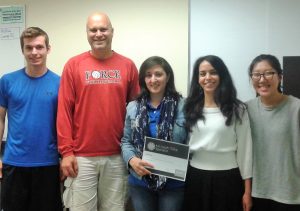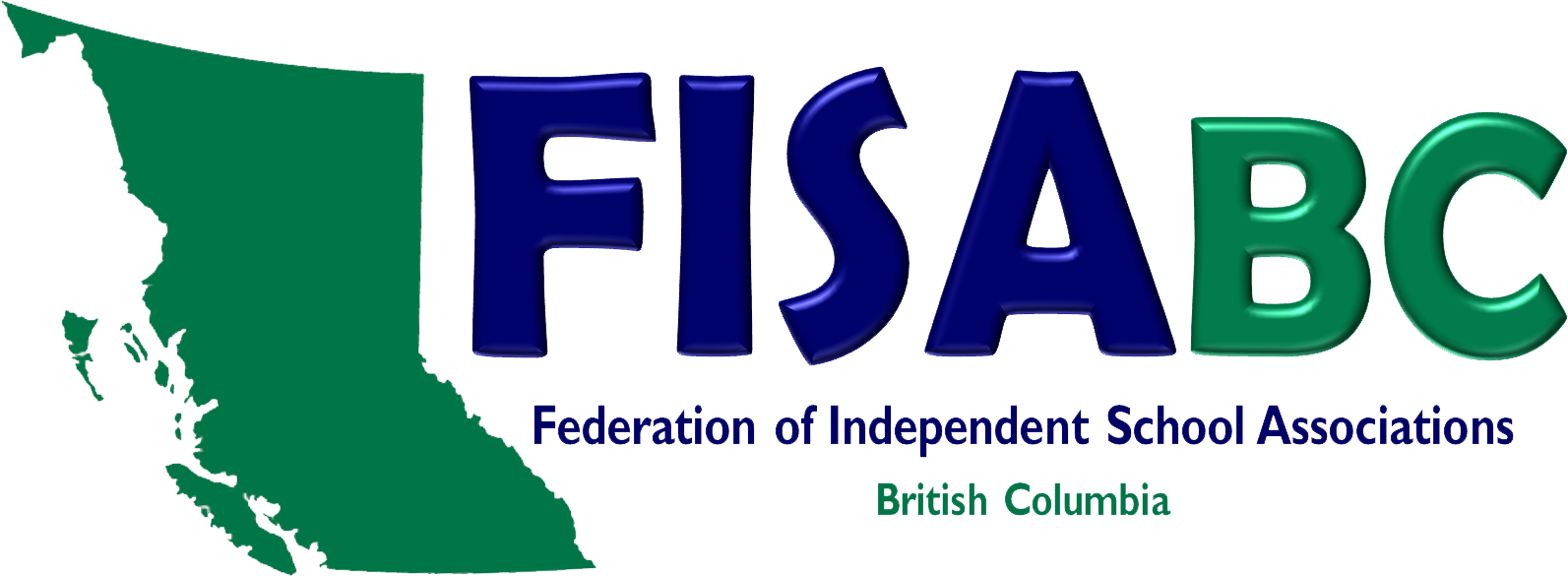
Surrey Christian School — with some 1,300 students, pre-K to grade 12 — works hard to link learning with real world issues such as helping refugees.
“This isn’t a play world,” says Learning Director Darryl deBoer. “We want kids to participate in work that matters now. Our teachers are doing a lot of work connecting their curriculum to the world’s needs”.
“There’s a rigor and integrity to that approach.”
One of the ways in which the school demonstrates its commitment to ‘real work,’ is through its computer education program. The students not only get training, they also get an industry-level certification from programs in the Microsoft Office suite. In addition to becoming certified, successful students — including college and university ones — with the fastest time in Canada become national champions. Surrey Christian School already has two students who have earned national champion status, one of whom is currently ranked 7th in the world.
One of the ways in which the school demonstrates its commitment to ‘real work,’ is through its computer education program. The students not only get training, they also get an industry-level certification from programs in the Microsoft Office suite. Passing the certification requires 70 percent. And the successful student — including college and university ones — with the fastest time in Canada becomes the national champion. Surrey Christian School has already had two of those.
But, more importantly, the program has also become a form of outreach. Reaching into the community, they have invited refugees and other recent arrivals to the country to get computer training, offered by the students. Science and computer teacher Mike Jonker says the program is now in its third year and has had some unexpected side benefits.
The first is that it’s given some of the students a chance to use their language skills. Many of the new arrivals to Canada struggle with English which can make computer instruction difficult. But students speaking Mandarin and Korean (and a teacher speaking Arabic) have helped bridge the divide.
The second benefit is that it’s fostered the kids’ leadership skills. After the first year, Mike ended up being unable to supervise the computer lab because he was coaching volleyball so he delegated two Grade 12 students to run it. “I checked in at the end of every day and they told me it all went great,” he says. In fact, one of those students has been the Microsoft Office Specialist Canadian champion twice and has already completed a paid internship with a local computer firm, mostly working with Excel.
“We love the idea that students come with this high-level subset of skills,” Darryl says. “The kids are getting equipped. This enhances the learning in other classes as well.”
Mike concurs noting that when he teaches Chemistry and Physics the work requires extensive use of Excel and he depends on his computing science students to be leaders in the class.
Says Darryl: “Our mission statement is educating for wholeness. The students running this program are embodying our mission statement. They are engaging and showing multi-dimensional development.”
